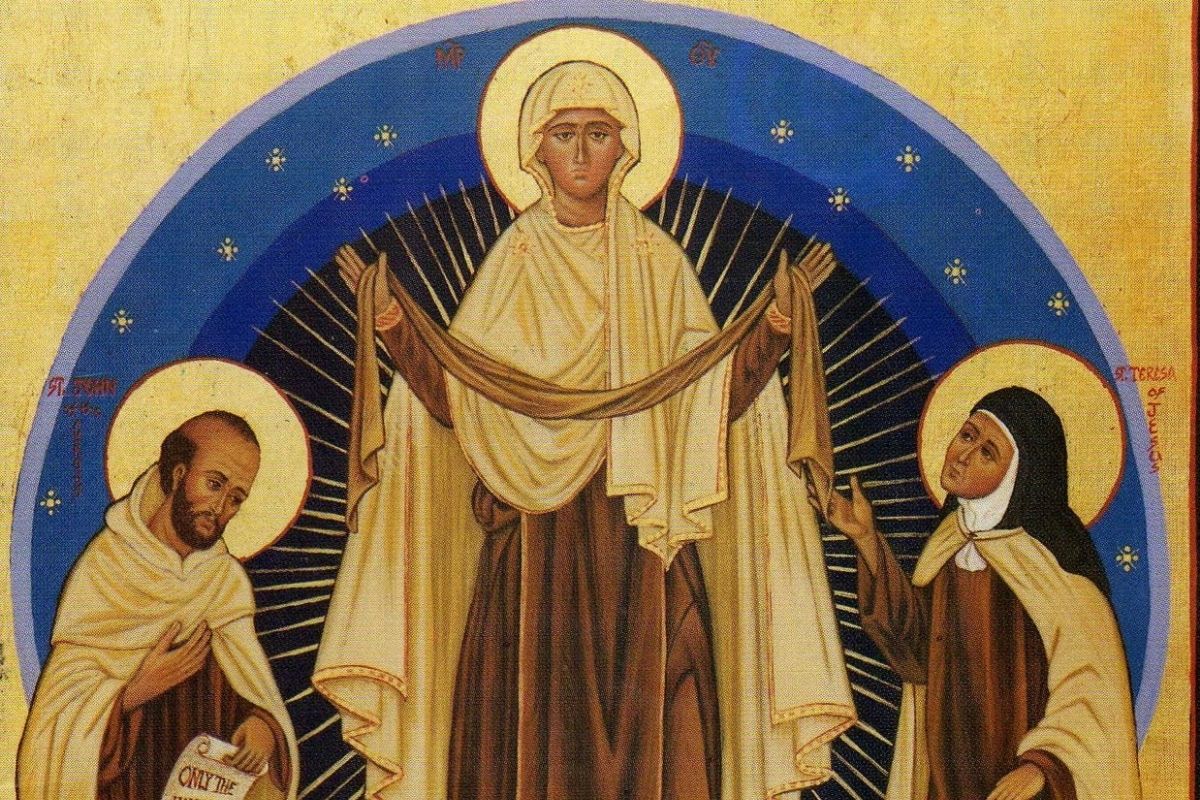
Mysticism has always intrigued people with its mysterious allure and deep spiritual insights. But what exactly is mysticism? Mysticism refers to the pursuit of achieving communion with, or conscious awareness of, ultimate reality, the divine, or spiritual truths through direct experience, intuition, or insight. This ancient practice spans various cultures and religions, offering a unique blend of spiritual practices, rituals, and philosophies. From the Sufi poets of Islam to the Christian mystics like St. John of the Cross, mysticism has shaped human thought and spirituality for centuries. Whether you're curious about its origins, practices, or famous mystics, this article will provide you with 26 fascinating facts about mysticism. Get ready to dive into a world where the ordinary meets the extraordinary, and the spiritual realm becomes a tangible experience.
Mysticism: A Glimpse into the Unknown
Mysticism has fascinated humans for centuries. It delves into the spiritual and transcendent, seeking to understand the mysteries of existence. Here are some intriguing facts about mysticism that might surprise you.
-
Mysticism is often associated with direct experiences of the divine or ultimate reality, beyond ordinary perception.
-
Many religions, including Christianity, Islam, Hinduism, and Buddhism, have mystical traditions.
-
The word "mysticism" comes from the Greek word "mystikos," meaning "secret" or "hidden."
-
Mystics often practice meditation, prayer, and contemplation to achieve spiritual insight.
Mystical Practices and Beliefs
Mystical practices vary widely across cultures and religions, but they share common goals of spiritual enlightenment and connection with the divine.
-
Sufism, the mystical branch of Islam, emphasizes love, devotion, and the inner search for God.
-
Kabbalah, a form of Jewish mysticism, seeks to understand the nature of God and the universe through esoteric teachings.
-
Christian mystics like St. John of the Cross and Teresa of Ávila wrote extensively about their spiritual experiences.
-
Hindu mysticism includes practices like yoga and meditation to achieve union with the divine.
Mysticism in Literature and Art
Mysticism has inspired countless works of literature and art, reflecting the profound impact of spiritual experiences on human creativity.
-
The poetry of Rumi, a 13th-century Persian mystic, continues to captivate readers with its themes of divine love and unity.
-
William Blake, an English poet and artist, created visionary works inspired by his mystical experiences.
-
The Divine Comedy by Dante Alighieri explores mystical themes of the soul's journey toward God.
-
Hildegard of Bingen, a medieval Christian mystic, composed music and wrote texts based on her visions.
Mystical Experiences and Phenomena
Mystical experiences often involve altered states of consciousness and profound insights into the nature of reality.
-
Near-death experiences sometimes include mystical elements, such as encounters with divine beings or a sense of unity with the universe.
-
Mystical experiences can occur spontaneously or be induced through practices like fasting, chanting, or the use of entheogens.
-
Many mystics report feelings of oneness with all existence and a deep sense of peace and love.
-
Some scientists study mystical experiences to understand their psychological and neurological basis.
Mysticism and Modern Science
While mysticism and science may seem at odds, some modern scientific theories and discoveries resonate with mystical concepts.
-
Quantum physics suggests that reality may be interconnected and influenced by consciousness, echoing mystical ideas of unity.
-
The concept of the holographic universe proposes that each part of the universe contains the whole, similar to mystical notions of interconnectedness.
-
Neuroscience research on meditation and altered states of consciousness provides insights into the brain's role in mystical experiences.
-
Some scientists and mystics believe that exploring consciousness could lead to a deeper understanding of the universe.
Mysticism's Influence on Society
Mysticism has shaped cultures, philosophies, and spiritual practices around the world, leaving a lasting legacy.
-
The mystical teachings of figures like Laozi and Confucius have influenced Chinese philosophy and spirituality.
-
Mystical traditions have contributed to the development of various forms of alternative medicine and holistic healing.
-
The New Age movement draws heavily on mystical concepts from different cultures and religions.
-
Mysticism has inspired social and political movements, such as the nonviolent resistance led by Mahatma Gandhi.
-
Mystical experiences can lead to personal transformation, fostering greater compassion, empathy, and a sense of purpose.
-
Mysticism continues to intrigue and inspire people, offering a glimpse into the profound mysteries of existence.
Mysticism's Enduring Allure
Mysticism has fascinated people for centuries. From ancient rituals to modern spiritual practices, it offers a unique lens to view the world. Mystics seek deeper truths beyond the physical realm, often experiencing profound personal transformations. Their journeys inspire curiosity and wonder, reminding us there's more to life than what meets the eye.
Whether it's the mystical traditions of Sufism, Kabbalah, or the teachings of Eastern philosophies, each path offers valuable insights. These practices encourage introspection, connection with the divine, and a sense of unity with the universe. Mysticism's enduring allure lies in its ability to transcend cultural and temporal boundaries, offering timeless wisdom.
As we continue to explore these mystical traditions, we uncover layers of meaning that enrich our understanding of existence. Mysticism invites us to look beyond the ordinary, opening our minds to infinite possibilities and deeper connections with the world around us.
Was this page helpful?
Our commitment to delivering trustworthy and engaging content is at the heart of what we do. Each fact on our site is contributed by real users like you, bringing a wealth of diverse insights and information. To ensure the highest standards of accuracy and reliability, our dedicated editors meticulously review each submission. This process guarantees that the facts we share are not only fascinating but also credible. Trust in our commitment to quality and authenticity as you explore and learn with us.
